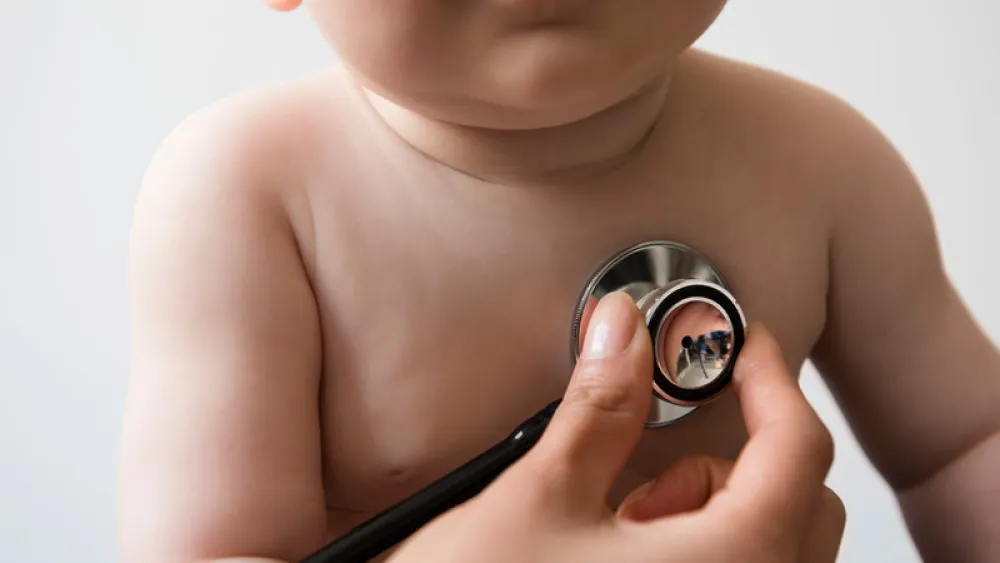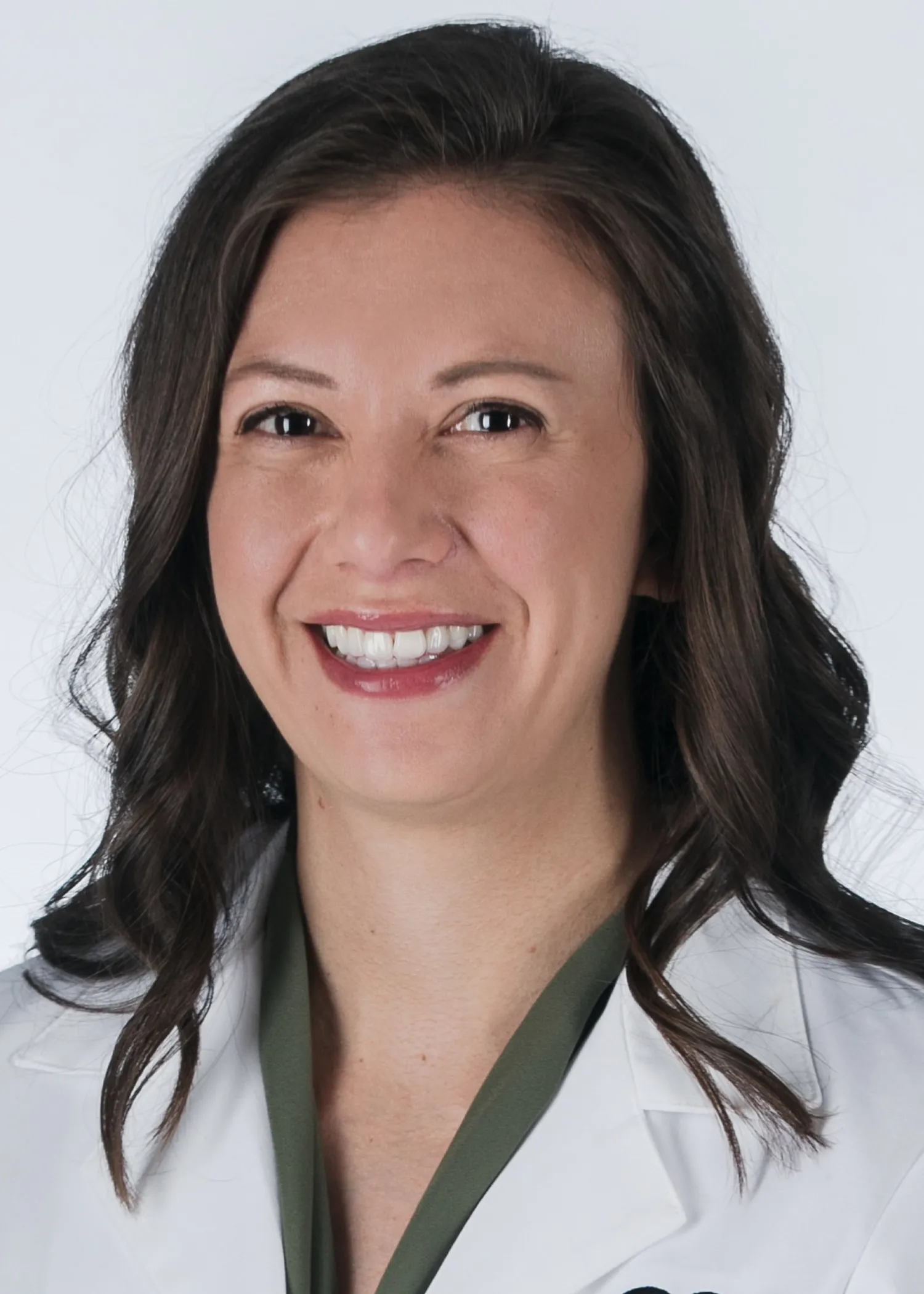Family Health
When to Worry About RSV? A Parent's Guide to Prevention, Symptoms and Treatment
Published: Feb. 4, 2020

RSV. Those three letters can trigger fear and worry in parents – especially those with babies.
Nearly every child will get an RSV – or respiratory syncytial virus – infection by age 2, and it usually causes a mild illness similar to a cold.
What’s all the fuss about, then? In some cases, RSV can pose significant health threats to young children and older adults. Here’s what else you need to know.
A Common Viral Infection
The winter months are prime time for RSV, which is often spread from one person to another after droplets from a cough or sneeze come in contact with the mouth, nose or eyes. The virus can also survive for hours on surfaces like doorknobs, tables and toys. With the close contact children have with each other at home and day care, it’s no wonder RSV can spread so rapidly.
Once infected, a person is most contagious while they have a fever and 24 hours after the fever has broken.
It’s also possible to get RSV more than once, even in the same season. Subsequent infections are often less severe, though.
RSV Symptoms and Treatment
There is no treatment for RSV itself, and for most people the virus runs its course in a week or two. It usually causes a cold, with symptoms appearing a few days after contact with the virus. Common symptoms include:
- Fever
- Cough
- Congestion
- Sneezing
- Runny nose
- Fussiness
- Decreased appetite
 For young infants, RSV symptoms may differ and include irritability, decreased activity and trouble breathing.
For young infants, RSV symptoms may differ and include irritability, decreased activity and trouble breathing.
If you’ve had a child with RSV, you probably know that battling congestion can be especially challenging – and taming it can go a long way toward improving their breathing and comfort. Saline drops in the nose can help thin mucus, and a bulb syringe or NoseFrida can help suck it from your child’s nose.
Additionally, RSV symptoms can usually be managed with:
- Acetaminophen or ibuprofen (for children over 6 months of age)
- Plenty of fluids and frequent feedings
- A cool-mist humidifier
Since RSV is a virus, antibiotics aren’t effective. Don’t give your child aspirin, and check with your pediatrician or primary care provider before using over-the-counter cold medicine.
Dangerous Reputation
RSV gets its scary reputation from the more serious infections it can cause, including bronchiolitis – inflammation of the smaller airways in the lungs.
Symptoms of bronchiolitis can include:
- Rapid breathing
- Wheezing
- Belly breathing or using muscles in the ribs or neck to breathe
- Flaring nostrils
- Head bobbing with breathing
- Rhythmic grunting while breathing
These symptoms are cause for concern, and you should call your doctor immediately if they’re present. You should also call your doctor if your child:
- Is dehydrated
- Has difficulty breathing
- Has gray or blue color to their tongue, lips or skin
- Is significantly less active or alert than usual
If these symptoms are present, your child may need to be hospitalized. About 3% of children with RSV require hospitalization, usually needing oxygen to help with breathing or an IV for hydration issues.
Not Just Babies at Risk
Older children and adults with healthy immune systems get RSV, too. But their symptoms, if any, are mild and more like a common cold.
The risks are greater for adults with weakened immune systems, asthma or chronic heart and lung disease. RSV can exacerbate their health issues and lead to other dangerous illnesses, such as pneumonia.
How to Fight Back
RSV is extremely common in children, but there ways you can help prevent an infection.
Wash your hands: Make it a habit for you and your child, and insist that anyone who wants to hold your child washes their hands, too. Don’t touch your eyes, nose or mouth with unwashed hands.
Cover it up: Cover coughs and sneezes with your upper shirt sleeve or a tissue, and teach your child to do the same.
Limit exposure: Stay away from people with cold symptoms, and try to avoid busy places like shopping malls. Stay home from work, school and day care if you’re sick.
Keep it clean: Regularly disinfect the high-touch areas and items in your home (e.g., countertops, electronics, light switches). Don’t forget to wash clothes, towels, bedding and toys.
While RSV is common and can make for cranky, uncomfortable babies, you’re not in this alone. Talk with your Methodist Physicians Clinic pediatrician any time you have questions or concerns about your child’s health.
More Resources
- Learn more about RSV and what it means for infants
- Schedule an appointment with Dr. Natalie Fleming
- Brush up on these tips for staying healthy during cold and flu season
- Know what to look for when choosing a pediatrician


